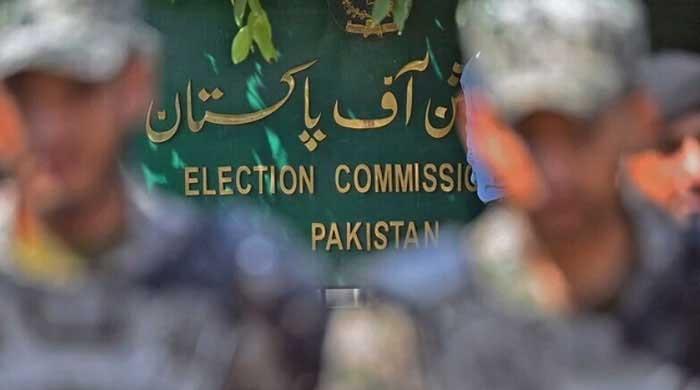ISLAMABAD: In a fix over how to proceed on Supreme Court’s detailed verdict in the reserved seats case after the newly-enacted Election Act Amendment Bill 2024, the Election Commission of Pakistan (ECP) has submitted two more petitions in the apex court, seeking stay on its July 12 order.
In its 70-page detailed judgment issued on Sept 23, the apex court termed the PTI “a political party” and eligible for the seats’ reserved for women and minorities.
The electoral watchdog, a day earlier, approached the top court to seek its guidance whether to follow amended Election Act 2017 or its judgment on the matter of allocating reserved seats to the Pakistan Tehreek-e-Insaf (PTI).
The ECP mentioned the National Assembly Speaker Ayaz Sadiq’s letter stating that amendments were made to the Election Act after the top court’s verdict declaring the opposition party eligible for the reserved seats.
Speaker Sadiq had told the ECP in his letter that the apex court’s July 12 ruling was “incapable of implementation” after the amendments to Election Act 2017.
Besides civil miscellaneous petition, the Election Commission also filed two other petitions for review concerning the ‘clarification order’ and seeking stay with regard to the July 12 order’s implementation till the pleas were decided, it emerged on Friday (today).
Through the petitions, the commission sought SC’s guidance with respect to the effect of the Elections (Second) Amendment Act, 2024 on the short order of the apex court of July 12, clarification order dated Sept 14 and detailed judgment dated Sept 23 in the interest of justice.
The ECP, in its petition, noted the apex court’s reserved seats verdict was based on “assumptions”, adding: “It cannot rewrite the Constitution on pretext of interpretation.”
“The Supreme Court in its detailed judgment dated Sept 23, 2024, deviated from [the] July 12 verdict,” it said, noting that the court in the detailed order declared the 41 returned candidates as the members of the former ruling party.
The ECP pointed out that the Constitution binds independent lawmakers to join any political party within three days, but “the Supreme Court granted them 15 days — a move which changed the words of the Constitution”.
The independent candidates submitted affidavits of allegiance to Sunni Ittehad Council (SIC), which the body says, was “completely ignored” in the court’s ruling.
“Even if the certificates, submitted by PTI Chairman [Barrister Gohar Ali Khan], are recognised or accepted, the number of PTI members does not reach 39,” the ECP said, adding that the candidates did not submit party affiliation certificates under Section 66 of the Election Act.
The electoral boy maintained that the reserved seats cannot be allocated to Imran Khan-founded party, noting that the PTI did not claim its share at any forum.
In what it called a major victory for Pakistan Tehreek-e-Insaf (PTI), a 13-member full bench of the top court on July 12 ruled that the Imran Khan-founded party was eligible for the allocation of reserved seats for women and non-Muslims in the national and provincial assemblies.
Justice Mansoor Ali Shah announced the 8-5 majority verdict, nullifying the Peshawar High Court’s (PHC) order wherein it had upheld the Election Commission of Pakistan’s (ECP) decision denying the reserved seats to the Sunni Ittehad Council (SIC)
The PTI candidates contested the Feb 8 general elections as independents after the top court upheld the ECP decision to deprive the opposition party of its iconic electoral symbol — bat — over “unlawful” intra-party polls.
The decision forced the PTI-backed winning candidates to join the SIC in a bid to claim reserved seats. However, the ECP denied the reserved to the SIC over its failure to submit list of candidates within the stipulated time.


